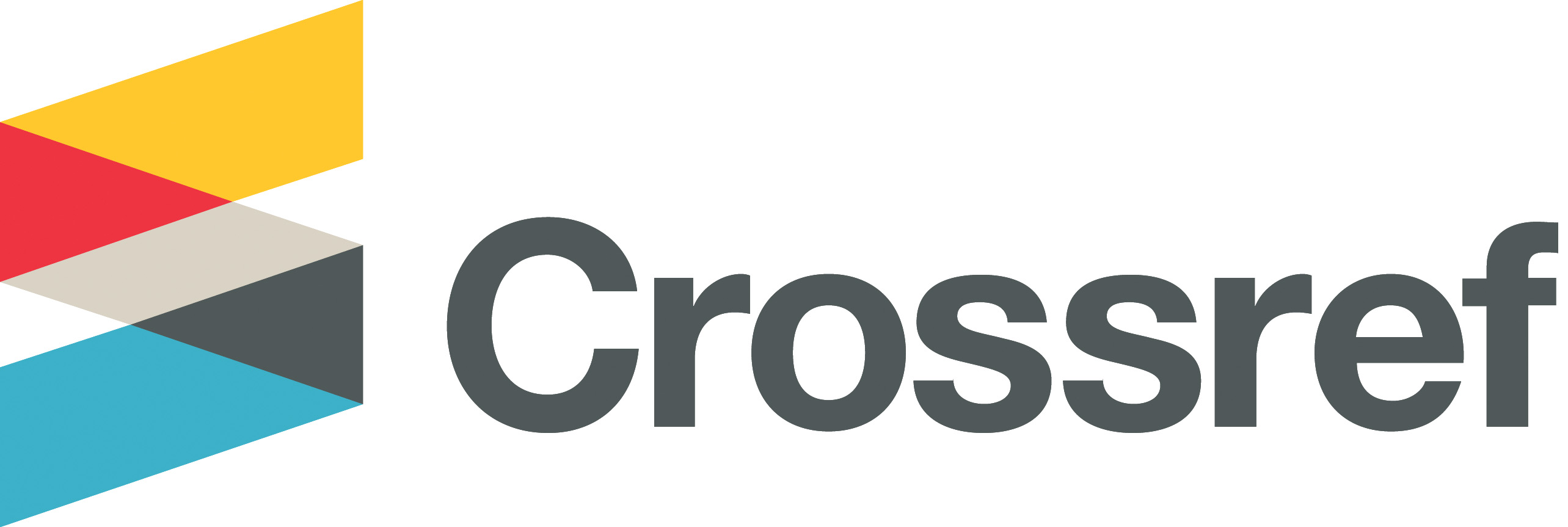Authorship and Contributorship
Authorship is the recognition of being the creator or writer of a book, article, document, or work of art. Authorship may be determined based on the following criteria if none have been established in advance:
- Making significant contributions to the conception, design, acquisition, analysis, or interpretation of data for the work.
- Participating in drafting the work or critically revising it for important intellectual content.
- Providing final approval of the work intended for publication.
- Assuming accountability for all aspects of the work, including addressing any concerns related to its accuracy and integrity, whether in its entirety or in part.
Unless stated otherwise, the corresponding author assumes the primary authorship role and is authorized to act on behalf of the other authors. The corresponding author plays a key role in communicating with the journal throughout the publication process, including submission, peer review, copy editing, and production. They should be available to address any inquiries or issues that may arise.
Authors should be able to clearly identify the contributions of each co-author to different parts of the work and have confidence in the integrity of those contributions.
While these four criteria serve as a basis for determining authorship, it is important to properly acknowledge all contributors who do not meet these criteria, such as proofreaders, language editors, advisors, etc. Their roles should be specified, and they should be acknowledged individually or as a group.
We also recommend that editors and authors familiarize themselves with COPE’s Authorship and contributorship.













